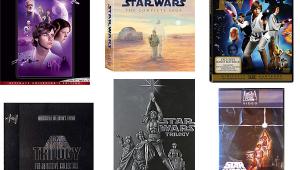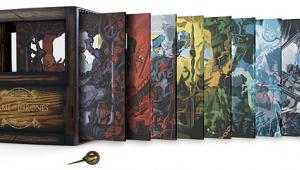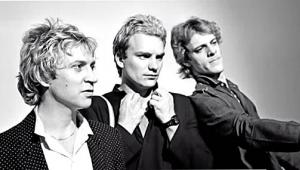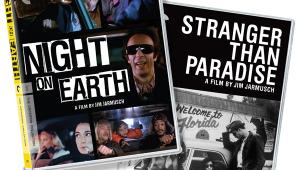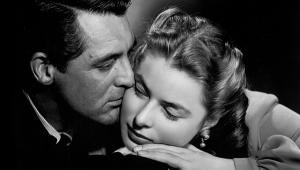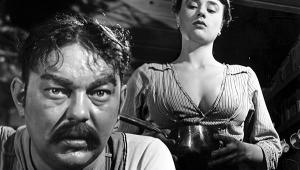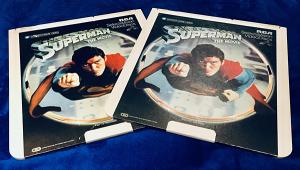Young Mr. Lincoln
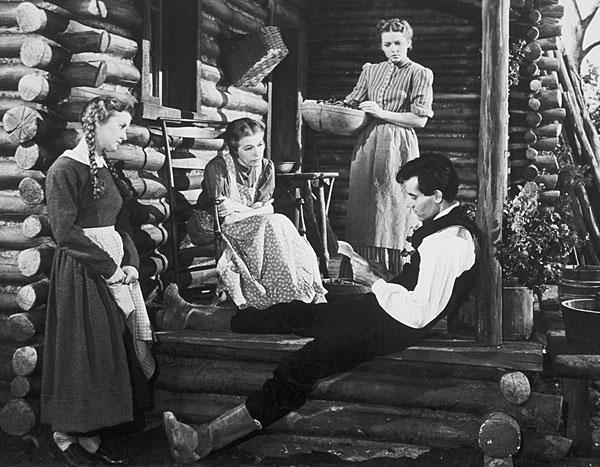
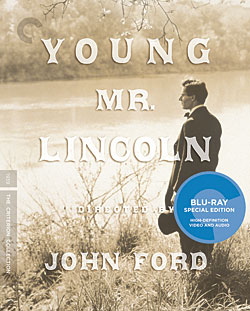 This new digital restoration was done from a 4K scan of an original 35mm nitrate print and, in damaged sections, a fine grain safety print. The resulting high-def black-and-white transfer is free of all scratches, fading, and other wear and tear of time. Contrast is perfect, with deepest blacks to Lincoln’s frock coat, boots, and top hat, bright whites in shirts and snow, and a beautiful sea of grays. Detail is plentiful throughout, even in shadows, with grass, grain in the ever-present fences, and texture in surfaces of rivers all tactile, along with patterns in corduroys, tweeds, and fine lace all visible.
This new digital restoration was done from a 4K scan of an original 35mm nitrate print and, in damaged sections, a fine grain safety print. The resulting high-def black-and-white transfer is free of all scratches, fading, and other wear and tear of time. Contrast is perfect, with deepest blacks to Lincoln’s frock coat, boots, and top hat, bright whites in shirts and snow, and a beautiful sea of grays. Detail is plentiful throughout, even in shadows, with grass, grain in the ever-present fences, and texture in surfaces of rivers all tactile, along with patterns in corduroys, tweeds, and fine lace all visible.
The uncompressed monaural soundtrack taken from 35mm magnetic tracks has had all clicks, hiss, and assorted audio issues repaired and rebalanced. Music and dialogue are exceedingly full, vibrant, and clear so that during courtroom scenes silences resound as much as the marvelous, homespun-wisdom speeches.
A new commentary by scholar Joseph McBride analyses the film with knowledge and insight. An episode of the British TV show, Omnibus, has Lindsay Anderson examining fellow director John Ford’s pre–World War II work, career, and personality with informative intelligence illustrated with plentiful clips. There’s also a talk show appearance by Henry Fonda, audio interviews with him and Ford, and a radio dramatization of the film. All are entertaining, adding to a wonderful experiencing of a masterpiece of cinema.
Blu-Ray
Studio: The Criterion Collection, 1939
Aspect Ratio: 1.37:1
Audio: Linear PCM mono
Length: 100 mins.
MPAA Rating: R
Director: John Ford
Starring: Henry Fonda, Kenneth Macgowan, Alice Brady


